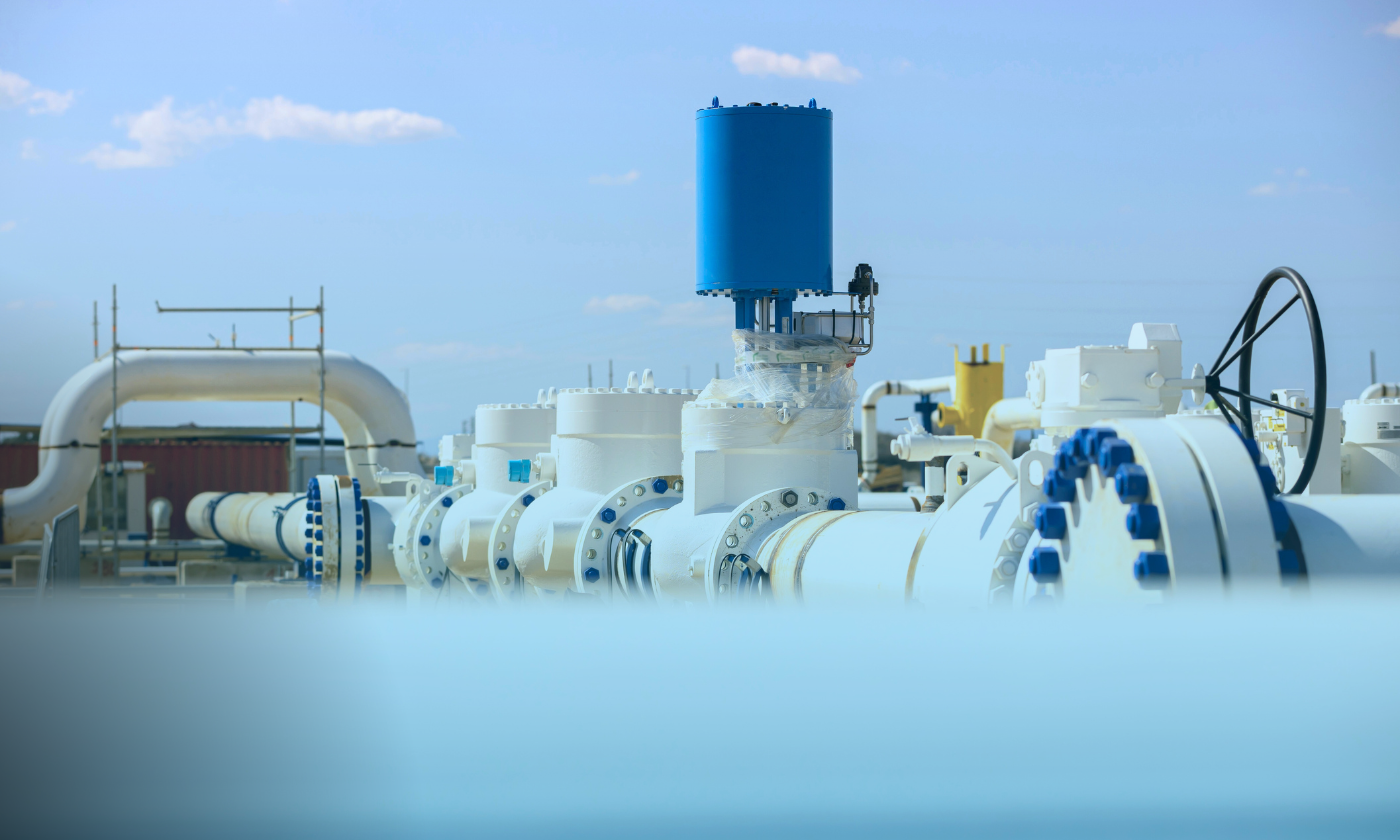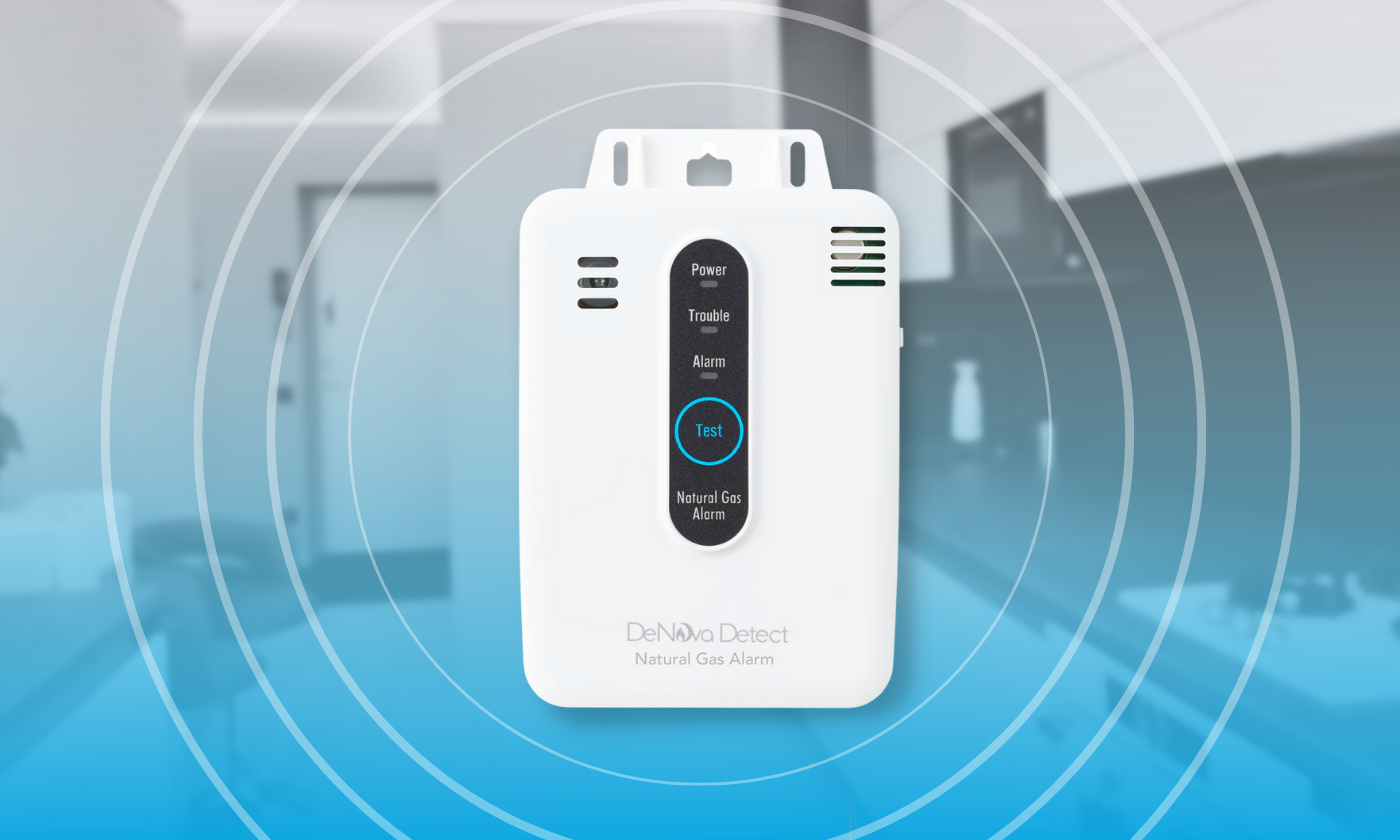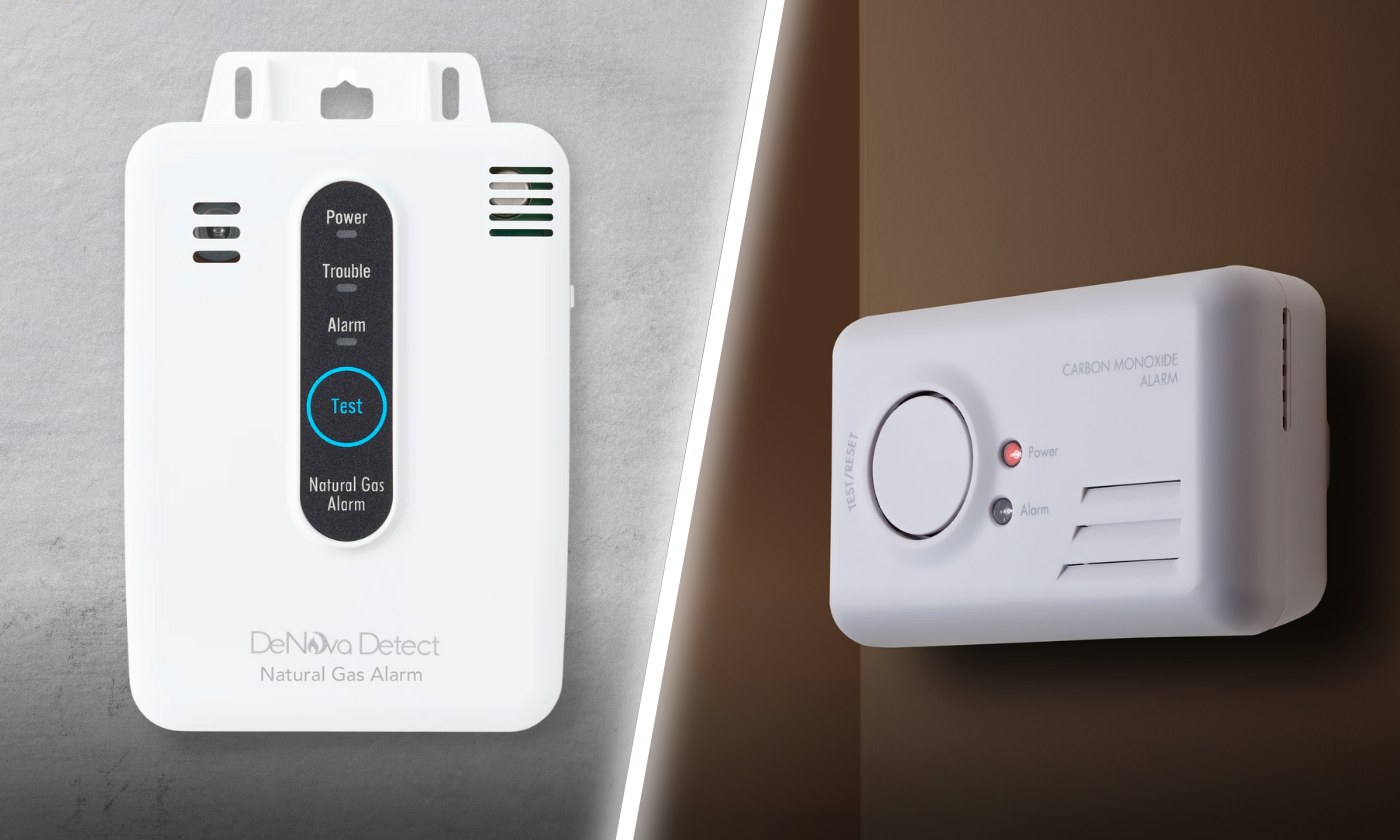The Problem With Natural Gas Leaks
When natural gas leaks happen near urban and residential areas, they can cause some of the greatest threats to human safety and the climate. According to the National Fire Protection Association, gas pipeline explosions cause an average of $54 million in commercial and residential property damage annually.
How Does Gas Arrive to Your Home/Business?
Gas utility companies are responsible for delivering natural gas to homes and businesses and must follow strict safety guidelines and regulations to prevent gas leaks.
Are Our Utility Companies Regulated?
Yes. There are numerous regulation policies and standards natural gas utility companies have to abide by. According to the Environmental Defense Fund, utility companies are legally required to inspect their lines for safety and fix safety problems within a specified time. Collectively, utility companies work to ensure that the natural gas used to power your home or business is delivered safely and efficiently.
Who Regulates Natural Gas Safety
The U.S. Department of Transportation's Office of Pipeline Safety (OPS) regulates the safety, design, construction, operation, and maintenance of interstate natural gas transmission pipelines. The OPS ensures the U.S. pipeline system is safe and reliable. The office also directs education and outreach efforts to promote the adoption and increased use of safety programs and activities by state and local governments, pipeline operators, and the general public to enhance safety.
The Gas Transmission Integrity Management Rule specifies how pipeline operators must identify, prioritize, assess, evaluate, repair, and validate the integrity of gas transmission pipelines that could, in the event of a leak or failure, affect High Consequence Areas (HCAs) within the United States. These HCAs include certain populated and occupied areas. With over 6,000 miles of aging, leak-prone infrastructure, Massachusetts is among 42 states with policies that encourage gas utilities to proactively replace aging or leaking pipes. Currently, less than 1 % of pipelines are replaced each year.
So, there is still a major need for nationwide efforts to not only regulate the pipeline infrastructure, but also include regulatory requirements for natural gas detectors. Afterall, with only 1% of pipelines being replaced each year, these are life-saving devices are the easy solution for everyday consumers and utility providers alike.
Preventing and repairing natural gas leaks must become a priority.
What Can Utility Companies Do?
Utility companies can help prevent natural gas leaks by:
- Following safety guidelines
- Proactively replacing aging or leaking pipes
- Partnering with gas alarm manufacturers such as DeNova Detect to provide utility customers with needed natural gas leak protection with a natural gas alarm
- Responding promptly to reports of suspected gas leaks
- Educating customers on natural gas safety.
What Can Consumers Do?
Step 1: You can help to prevent natural gas incidents by installing a natural gas alarm to keep your family and belongings safe.
Step 2: Educate your family, neighbors and network on the need for natural gas alarms in every room where a natural gas appliance exits.
Whether you’re looking for utility or consumer solutions, we have options to enhance your safety. Let’s chat! Email us at info@denovadetect.com





Leave a comment
This site is protected by hCaptcha and the hCaptcha Privacy Policy and Terms of Service apply.